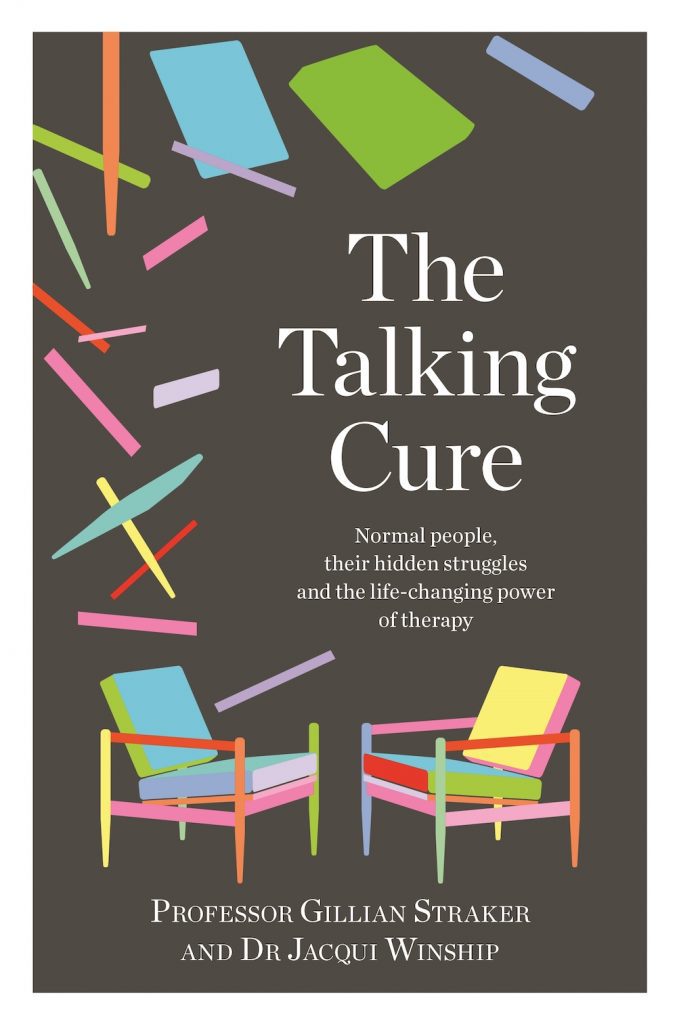We are inundated by messages about how important infancy and childhood are for our later development. But why is this the case?
The answer lies in the brains tendency to find short cuts. In order to help us function, the brain develops maps and filing systems. This means that every situation doesn’t have to be newly evaluated, which would be too labour and time intensive.
Take the example of a baby whose mother is finding breast feeding difficult and painful. In this situation, the mother is tense when she holds her baby and is not able to hold her in the close, relaxed manner that she usually does. The baby has no words for this, but the brain begins to associate feeding and the comfort this provides with tension.
WANT TO READ MORE HEALTH STORIES? – Exercise the right medicine for the brain
This loop, which is now outside of consciousness, begins to be consolidated. If there are other later experiences around feeding that don’t offset this early one, the connection with food may become complex as a particular difficulty has become hardwired.
How this hardwiring will play itself out is complex. It is important to remember that there is not a simple one-to-one relationship with the feeding experience and later outcomes. Some babies might connect the food issue with the intimacy of breast feeding and the physical closeness and struggle on this level. Other babies might feel deprived and compensate later with comfort foods. Yet others might prefer not to eat and may diet obsessively in later life. For many others, the experience will be overridden by other positive experiences with feeding in childhood.
The point we are making is not about the outcome of the feeding situation, or any other early child-parent relationship. Rather, we are pointing out how the brain can make connections which are not always revisited, and which then influence us outside of consciousness.
The example we have given around feeding is a simple one. However, it provides some idea of how it is we begin to be influenced by experiences outside of our consciousness. These experiences set up a “working model” or a map as to how to be with others. We learn how to drive a car or ride a bike in much the same way. At first it requires effort to not take off too quickly, or to stay balanced, but eventually we drive and ride without thinking about it. The way to be with a bike or car becomes cemented in what we call procedural memory and it is not conscious.
Similarly, this is how we learn how to be with others. We learn how close or far away to stand for comfort, we learn if the other is a source of comfort to be sought out or a source of criticism to be avoided. We learn that the best way to get our needs met is to protest or to comply in order to fit in.
It is these relational patterns, or working models of being with another, that are the grist for the mill of the particular kind of psychotherapy described in our book The Talking Cure. We all have relational patterns, and they usually served us well at one point in our lives. However, often there are aspects of the pattern that have outlived their usefulness and might be causing us problems in our adult lives. Through talking and relating to a therapist there is every hope that the less helpful aspects of our relational styles can be identified and modified. This happens through a heightened awareness of them and practice changing them both inside and outside of the therapy room.
MACMILLAN AUSTRALIA – RRP $32.99AUD





















Add Comment